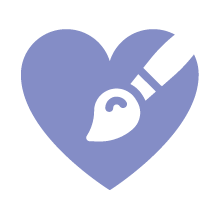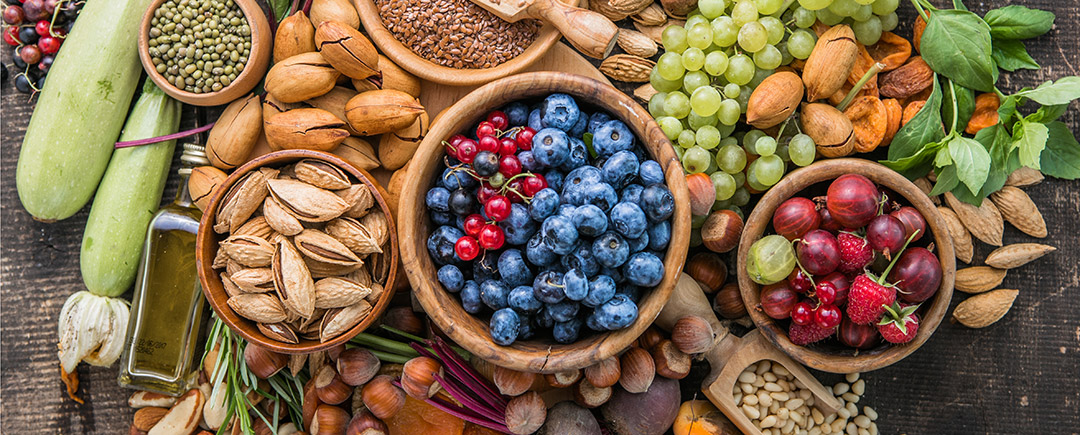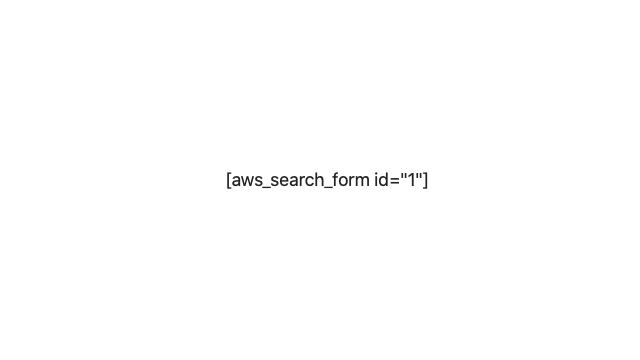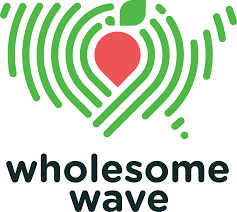 Jacques Pepin is proud to support Wholesome Wave by dedicating time, energy and money to help reduce food insecurity in communities. Wholesome Wave believes that access to nutritious food is a fundamental human right and is committed to a day when every family has access to healthy, nutritious fruits and vegetables.
Jacques Pepin is proud to support Wholesome Wave by dedicating time, energy and money to help reduce food insecurity in communities. Wholesome Wave believes that access to nutritious food is a fundamental human right and is committed to a day when every family has access to healthy, nutritious fruits and vegetables.
“Food insecurity is about providing enough food to those in need. Nutrition insecurity is about providing the right food to prevent or alleviate diet-related diseases like diabetes, heart disease, hypertension, and obesity. With studies showing that diet-related diseases like diabetes and obesity are driving the highest hospitalization and death rates from COVID-19, it is now more important than ever to address nutrition insecurity head-on.
Wholesome Wave has partnered since 2007 with Community-Based Organizations, in the places they call home, by bringing powerful concepts and seed funding to co-design program approaches that work best for their community. Program concepts are designed to raise and re-invest private funding to demonstrate what might happen if public funding was used more effectively.”*Quotation above is taken directly from the website cited and is the property of that source. It is meant to inform the reader and to give credit where it is due.
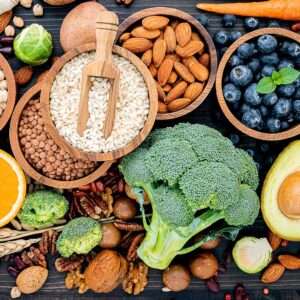 Wholesome Wave Program Concepts [*]
Wholesome Wave Program Concepts [*]
“Our program concepts are designed to raise and re-invest private funding to demonstrate what might happen if public funding was used more effectively.
In communities that struggle with low-income and nutrition insecurity from Appalachia, to South LA, to Rural Maine, to the West Side of Chicago, to the Navajo Nation, poverty and nutrition insecurity are the only things they have in common. How poverty and nutrition insecurity look and feel is very different from community to community.Wholesome Wave does not believe in setting up shop in the place someone else calls home to bring “our solutions” to “their problems.” That’s why we rely on talented Community-Based Organizations that are dedicated to solving the nutrition insecurity suffered by low-income community members in the places they both call home.”
*Quotation above is taken directly from the website cited and is the property of that source. It is meant to inform the reader and to give credit where it is due.
Produce Prescription Program
Traditional medical insurance covers the cost of drugs but not healthy foods. This is a major challenge for the person who has a diet-related illness but does not have the means to purchase healthy foods.
Produce Prescriptions enable healthcare providers to prescribe the fruits and vegetables needed to complete someone’s diet, helping them to prevent or manage diet-related diseases.
Wholesome Wave Produce Prescriptions have had significant impacts on people’s health, which is why leading voices like Fast Company deem our produce prescription program a ‘World Changing Idea’.
How it works
Produce Prescriptions combine healthcare with nutrition education and produce incentives to give people the power to make smart food choices.
A Just Program Benefits All
A recent study from Tufts University shows that prescriptions for healthy foods could help lower healthcare costs from diet-related disease in Medicare and Medicaid patients. Our mission to close the nutrition gap with affordable fruits and vegetables is proven to help low-income families lead healthier lives.”
*Quotation above is taken directly from the website cited and is the property of that source. It is meant to inform the reader and to give credit where it is due.
 Fast Company: “Wholesome Wave is Growing a Nationwide Network to Get Fresh Produce to People in Need” [*]
Fast Company: “Wholesome Wave is Growing a Nationwide Network to Get Fresh Produce to People in Need” [*]
“The organization helps create prescriptions-for-produce programs–and now it wants to help other organizations across the country find their own ways to increase access to healthy food.
Since it’s inception in 2007, Wholesome Wave has worked to provide people without healthy food choices more access to fresh produce in one of two ways. First, it subsidizes farmers markets and stores to create matching programs for SNAP (the Supplemental Nutrition Assistance Program, or food stamps) which may double the value of government-provided food stamps with a secondary currency–coupons, points or vouchers–that can only be spent on fruits and vegetables. Second, it empowers community health groups and public hospitals who identify patients at risk of diet-related disease, like obesity, hypertension or type-2 diabetes. To encourage healthier eating habits, those practitioners can then write prescriptions for free produce for those people.”*Quotation above is taken directly from the website cited and is the property of that source. It is meant to inform the reader and to give credit where it is due.
